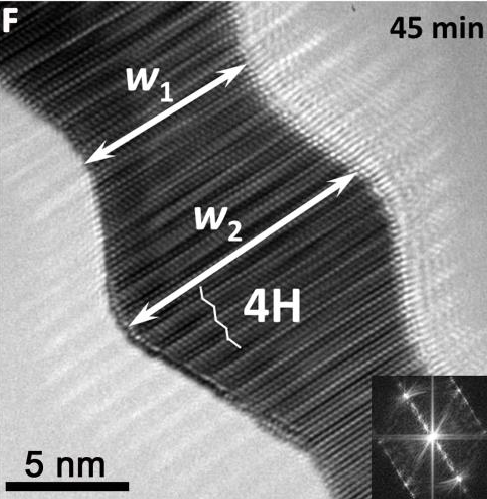Research Stories
Filter by category
Filter by year
Filter by year

A recent research led by City University of Hong Kong (CityU) has discovered that the ultrathin gold nanoribbons with unique hexagonal (4H type) crystal phase shows “l(fā)iquid-like” behaviour under heating, but its hexagonal crystalline structure remains stable. This provides insight into the thermal stability of this new type of metallic nanomaterials and facilitates the development of practical applications in the future.

Most of the current clinical anti-tumor drugs used in chemotherapy move around in the patient's blood after intake and are unable to pinpoint the targeted tumor. As a result, while killing the tumor cells, the healthy cells may also be killed as “collateral damage", leading to undesired side effects. Aiming to overcome this problem, Dr Guangyu Zhu, Associate Professor of Department of Chemistry, City University of Hong Kong (CityU) and his research team have recently developed phorbiplatin, an anti-cancer prodrug that can be controllably activated by red light. With its unique “on-site” activation characteristic, it will effectively kill cancer cells and minimize damage to normal tissues.